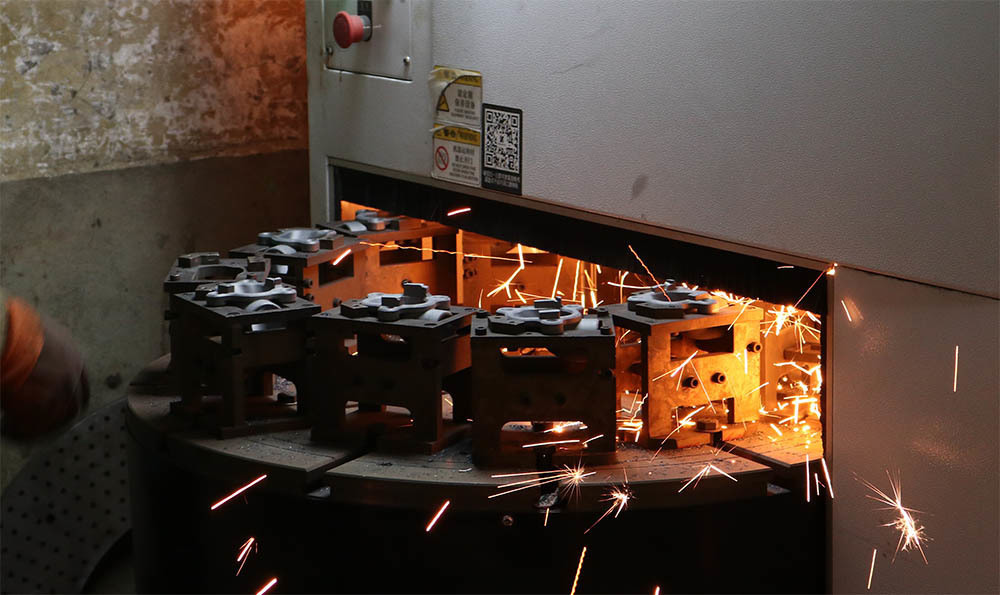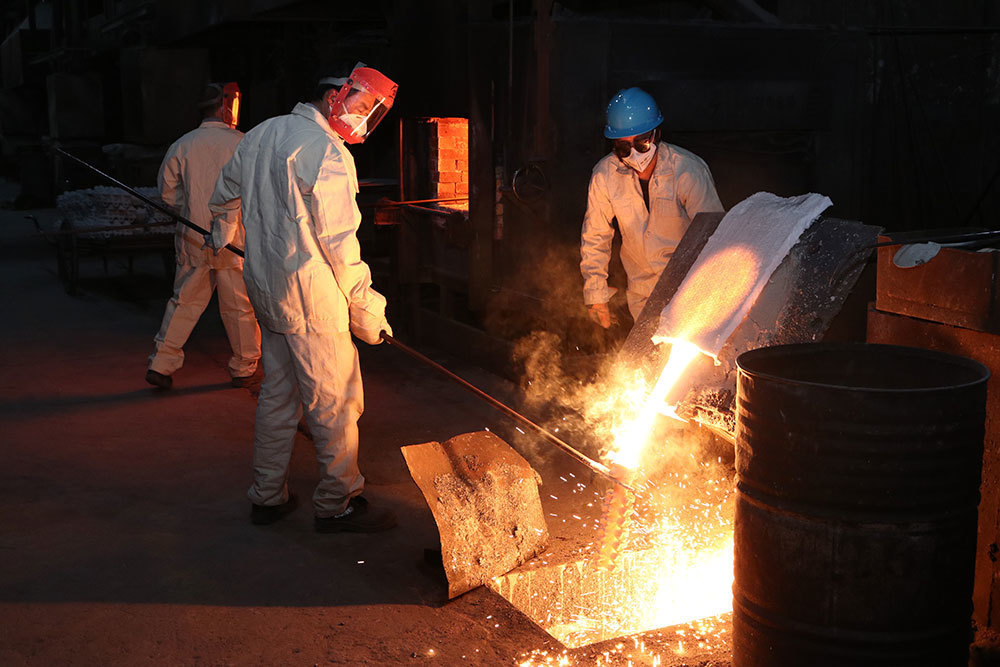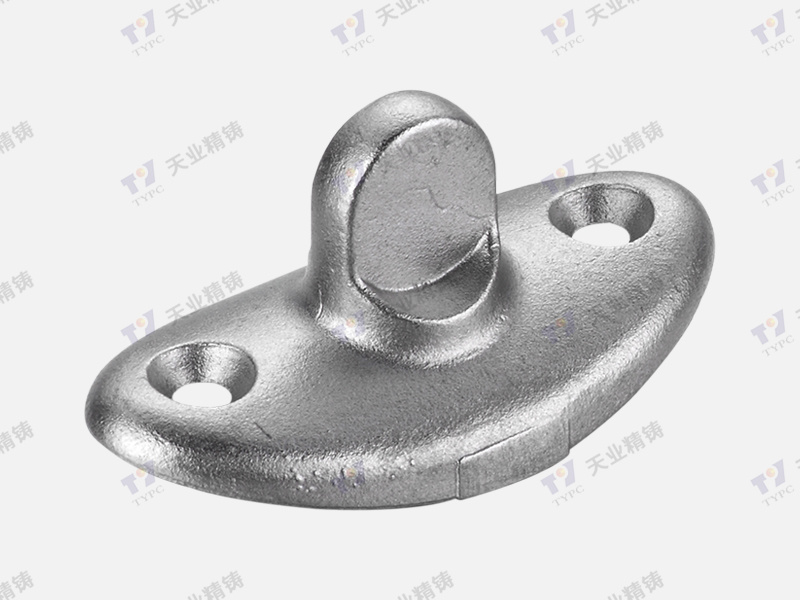2025-06-07
The Versatile World of Copper Alloy Castings: Applications and Benefits
Copper alloy castings are widely recognized for their remarkable properties, making them an essential material in various industrial applications, particularly in the manufacturing of general components for industrial equipment. These castings are composed of a mixture of copper with other metals, such as zinc, tin, or nickel, which enhances the mechanical and physical properties of the resulting material.
One of the primary advantages of copper alloys is their excellent corrosion resistance. This characteristic is vital for components that will be exposed to harsh environments, such as marine or chemical applications. The inherent ability of copper alloys to withstand oxidation means that they maintain their integrity over time, reducing the need for frequent replacements and minimizing maintenance costs.
In addition to corrosion resistance, copper alloy castings exhibit superior thermal and electrical conductivity. This makes them ideal for applications that require efficient heat dissipation or electrical conduction. For instance, components in electrical connectors or heat exchangers often utilize copper alloys due to their ability to transfer energy effectively. Their high thermal conductivity also allows for quick heat transfer, a critical factor in preventing overheating and ensuring operational efficiency.
Another noteworthy property of copper alloy castings is their excellent machinability. This means that these materials can be easily shaped and formed into intricate designs, which is essential for creating custom components tailored to specific industrial needs. The ease of machining copper alloys not only speeds up the manufacturing process but also allows for greater design flexibility, enabling engineers to create complex geometries that optimize performance.
Moreover, copper alloy castings can be tailored to meet specific performance requirements. The various combinations of copper with other metals allow for the creation of alloys with distinct properties, such as increased strength, improved wear resistance, or enhanced ductility. This versatility enables manufacturers to select the right copper alloy for their specific applications, ensuring that the end products perform reliably under varying conditions.
In conclusion, copper alloy castings are a vital resource in the field of industrial equipment and general components. Their unique combination of corrosion resistance, thermal and electrical conductivity, excellent machinability, and adaptability makes them an attractive choice for manufacturers. As industries continue to evolve and demand higher performance materials, the role of copper alloy castings in creating durable and efficient components will undoubtedly remain significant. Understanding these benefits can help businesses make informed decisions about material selection and enhance their operational efficiency.
One of the primary advantages of copper alloys is their excellent corrosion resistance. This characteristic is vital for components that will be exposed to harsh environments, such as marine or chemical applications. The inherent ability of copper alloys to withstand oxidation means that they maintain their integrity over time, reducing the need for frequent replacements and minimizing maintenance costs.
In addition to corrosion resistance, copper alloy castings exhibit superior thermal and electrical conductivity. This makes them ideal for applications that require efficient heat dissipation or electrical conduction. For instance, components in electrical connectors or heat exchangers often utilize copper alloys due to their ability to transfer energy effectively. Their high thermal conductivity also allows for quick heat transfer, a critical factor in preventing overheating and ensuring operational efficiency.
Another noteworthy property of copper alloy castings is their excellent machinability. This means that these materials can be easily shaped and formed into intricate designs, which is essential for creating custom components tailored to specific industrial needs. The ease of machining copper alloys not only speeds up the manufacturing process but also allows for greater design flexibility, enabling engineers to create complex geometries that optimize performance.
Moreover, copper alloy castings can be tailored to meet specific performance requirements. The various combinations of copper with other metals allow for the creation of alloys with distinct properties, such as increased strength, improved wear resistance, or enhanced ductility. This versatility enables manufacturers to select the right copper alloy for their specific applications, ensuring that the end products perform reliably under varying conditions.
In conclusion, copper alloy castings are a vital resource in the field of industrial equipment and general components. Their unique combination of corrosion resistance, thermal and electrical conductivity, excellent machinability, and adaptability makes them an attractive choice for manufacturers. As industries continue to evolve and demand higher performance materials, the role of copper alloy castings in creating durable and efficient components will undoubtedly remain significant. Understanding these benefits can help businesses make informed decisions about material selection and enhance their operational efficiency.









